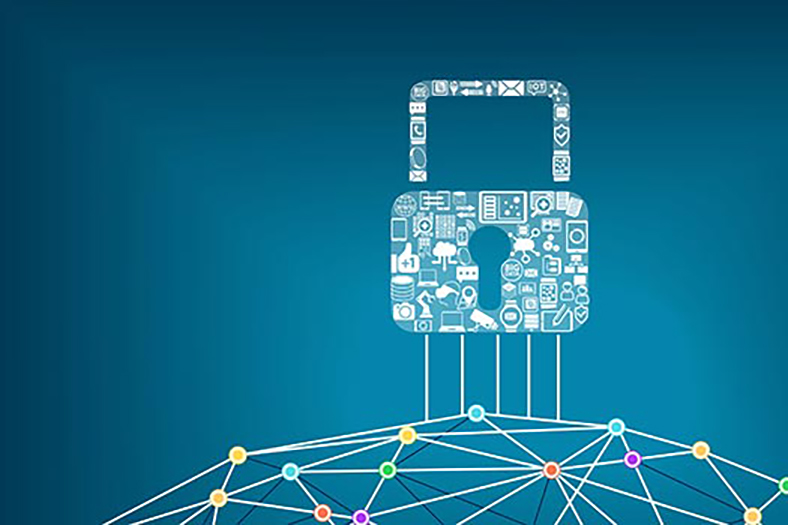
There has been an increase in fraud targeting mortgage closing companies and consumers near the closing date of their dream property.
Do not to let emotions and the stress surrounding typical closing dates cause you to let your guard down. It is important for consumers to understand how the email phishing scam works.
How the scam works
Real estate companies, title companies and consumer email accounts can be hacked or phished by unauthorized third parties. These unauthorized third parties send fraudulent emails to clients during the late stages of the mortgage closing process. These fraudulent emails can look as though they were truly sent by an employee of the genuine real estate or title companies and include instructions to wire funds to a fraudulent account not controlled by the genuine real estate or title companies. Once wired, the fraudsters will quickly deplete the funds wired to the fraudulent account before anyone realizes they have been scammed.
How consumers can protect themselves
Early in the home closing process, consumers can find out exactly what to expect from wire transferring instructions by speaking directly to the title company, real estate agent and lender. Before wiring funds for closing, consumers should verify bank and account information by speaking to title company representatives in person or by telephone, using a phone number of record instead of any phone number shown in an email. IT IS VERY IMPORTANT THAT YOU CALL YOUR TITLE AGENT USING A KNOWN NUMBER (NOT THE ONE IN AN EMAIL) TO CONFIRM WIRING INSTRUCTIONS FOR YOUR CLOSING!
Once the wire is sent the transaction is final, and it can be impossible to recover the funds. Often times there is no recourse if your Credit Union or bank followed the wire instructions that you provided and authorized. If you are a victim of wire fraud, contact law enforcement immediately and provide as much information as possible. In addition, it is highly recommended that you immediately file a complaint with the Federal Bureau of Investigation Internet Crime Complaint Center (IC3) at https://www.ic3.gov/Home/BEC.
For more information:

There has been an increase in fraud targeting mortgage closing companies and consumers near the closing date of their dream property.












Routing Number: 263178070
*APR = Annual Percentage Rate.